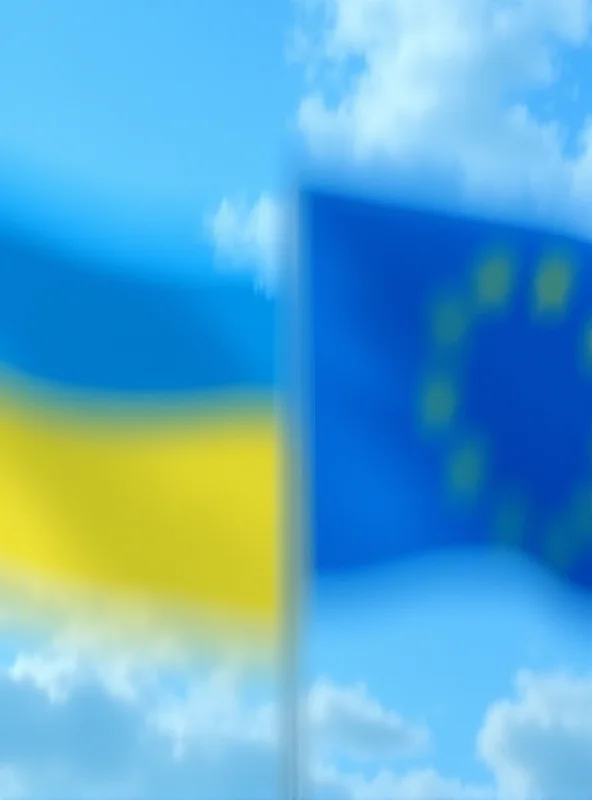The political landscape is currently rife with tension, marked by disputes over tariffs, expressions of international support for Ukraine, and the potential implementation of a national language law in the United States. These developments reflect a complex web of domestic and international challenges.
Tariff Disputes and Local Boycotts
One notable example of the impact of these tensions is the decision by Graham Palmateer, owner and chef of Gram's Pizza in Toronto, to boycott US products. This move comes in response to threats from former US President Trump to impose a 25% tariff on Canadian goods. “I decided I was done,” Palmateer stated, signaling a firm stance against the proposed tariffs. His pizzeria, a popular spot known for its diverse pizza offerings, is now sourcing ingredients from elsewhere.

This boycott highlights the real-world consequences of international trade disputes, impacting businesses and consumers alike. The decision reflects a growing sentiment of resistance to protectionist trade policies and a desire to support local and alternative suppliers.
International Support for Ukraine
Meanwhile, on the international stage, Ukraine has garnered significant support from world leaders following what has been described as an "explosive" or "catastrophic" meeting between Ukrainian President Zelensky and Trump. Australian Prime Minister Albanese, along with numerous European leaders, has voiced solidarity with Ukraine, offering words of encouragement and support. These statements have been widely shared on social media, underscoring the global attention and concern surrounding the situation.
The specifics of the meeting remain somewhat unclear, but the outpouring of support suggests a perceived threat or challenge to Ukraine's sovereignty and security.
"The statements piled up on social media, offering words of encouragement to the Ukrainian leader and his people,"notes one report, highlighting the unified front presented by international allies.

English as the Official US Language?
Adding to the complex political climate is the potential for a significant policy shift within the United States. Trump is reportedly considering signing an executive order designating English as the official language of the US. This move would align with similar laws already in place in over 30 states, reflecting a broader debate about national identity and language policy.
While proponents argue that such a law would promote unity and assimilation, critics express concerns about its potential impact on linguistic diversity and access to services for non-English speakers.  The proposed order has sparked controversy and is likely to fuel further debate about the role of language in American society.
The proposed order has sparked controversy and is likely to fuel further debate about the role of language in American society.
These three distinct, yet interconnected, political developments – the tariff dispute and resulting boycott, the international support for Ukraine, and the potential language law in the US – paint a picture of a world grappling with complex challenges and shifting political dynamics. The coming months will likely reveal the long-term impact of these events.
